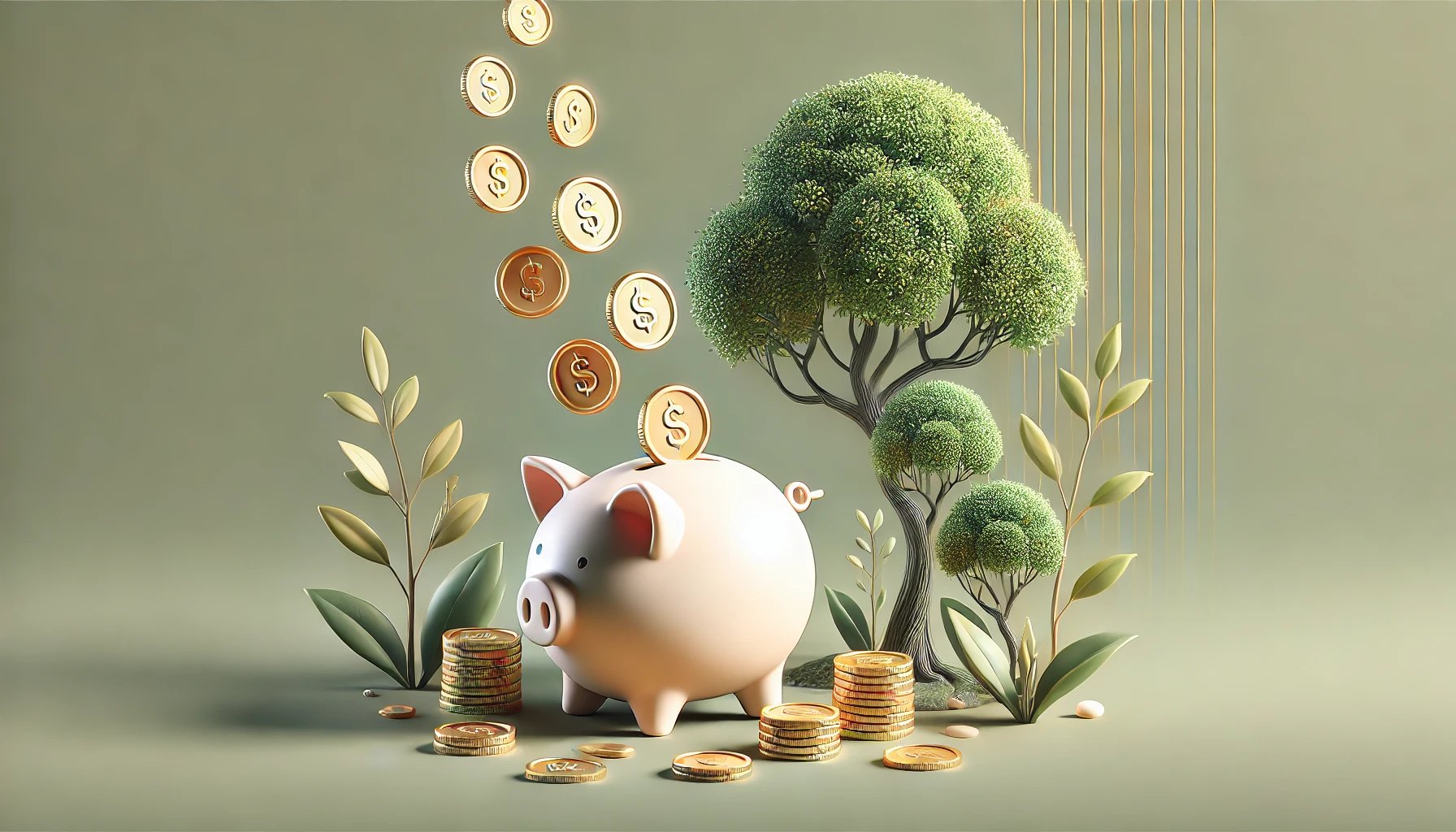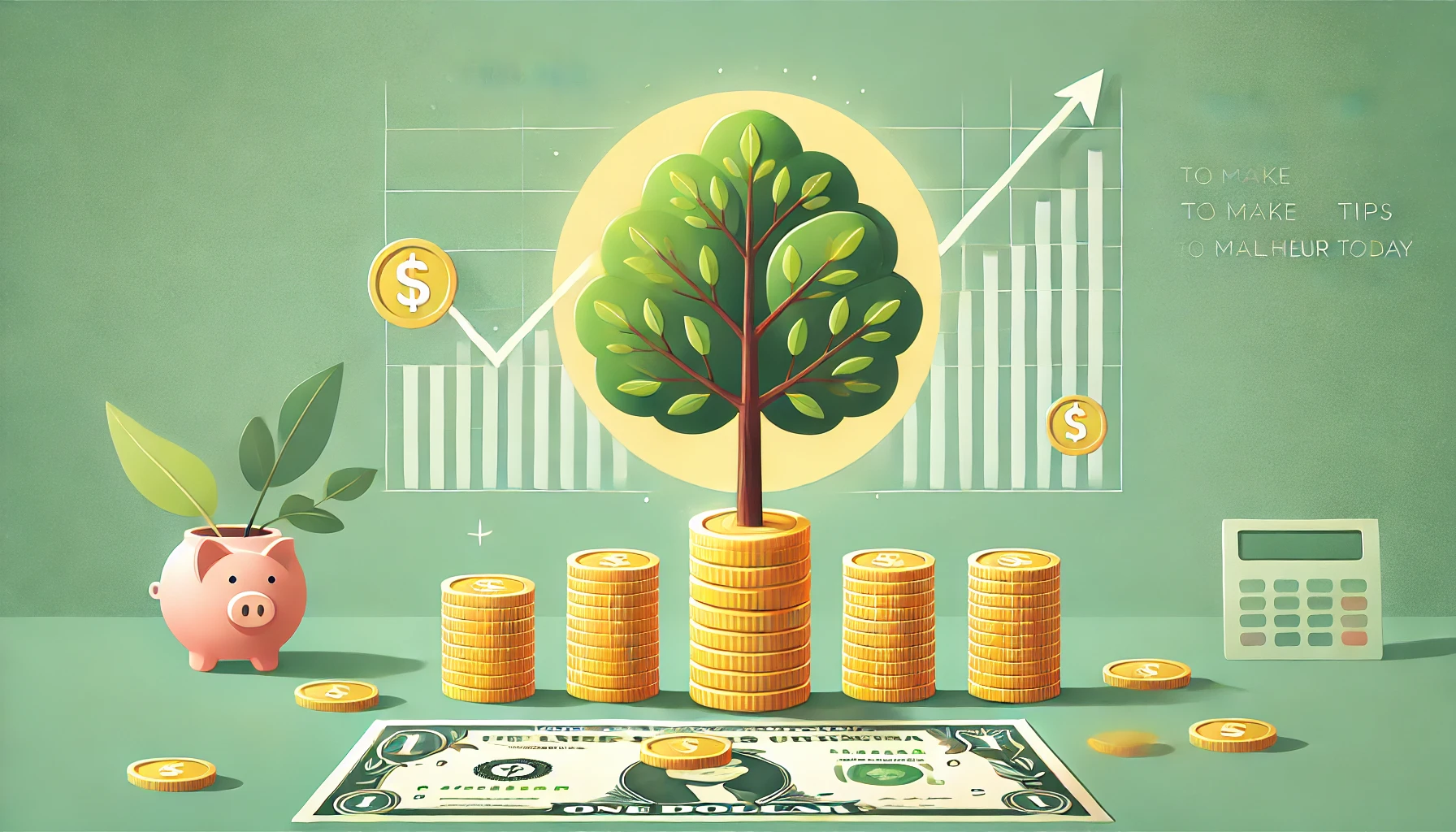Frugal Tips to Make You Wealthier Today: 25 Proven Strategies for Financial Success
Introduction
Ever felt like your paycheck disappears faster than you can say “budget”? You’re not alone. Many of us juggle bills, expenses, and the ever-present desire to save more. But what if I told you that with a few smart, frugal strategies, you could start building wealth today? Whether you’re a student striving to balance tuition and living expenses, a professional looking to boost your savings, or someone aiming to achieve financial freedom, these frugal tips to make you wealthier today are designed to help you save more, spend wisely, and set you on the path to financial success. Let’s dive in and discover how small changes can lead to big rewards!

Table of Contents
- Understanding Frugality and Wealth Building
- Top 25 Frugal Tips to Make You Wealthier Today
- Real-Life Success Stories
- Additional Resources
- Final Tips for Financial Success
- Related Articles
Understanding Frugality and Wealth Building
What is Frugality?
Frugality isn’t about depriving yourself; it’s about making mindful choices with your money to maximize your financial well-being. It’s the art of living well on less, ensuring that every dollar you spend brings you closer to your financial goals.
Why Frugality Leads to Wealth
By adopting frugal habits, you can reduce unnecessary expenses, save more, and invest wisely. This disciplined approach not only enhances your current financial situation but also lays a solid foundation for future wealth accumulation.
Top 25 Frugal Tips to Make You Wealthier Today
1. Create a Detailed Budget
A well-crafted budget is the cornerstone of financial success. Track your income and expenses to identify areas where you can cut back and save more. Tools like Mint or You Need a Budget (YNAB) can help simplify this process.

2. Automate Your Savings
Set up automatic transfers to your savings account each payday. This ensures consistent savings without the temptation to spend what you should be saving. Consider using high-yield savings accounts like those offered by Ally Bank for better interest rates.
3. Reduce Unnecessary Subscriptions
Take inventory of all your subscriptions and cancel those you rarely use. Streaming services, magazines, and gym memberships can add up quickly. Websites like BobbyHadz offer guides on how to cancel various subscriptions.
4. Cook at Home More Often
Dining out can be a significant expense. By cooking at home, you not only save money but also have control over your nutrition and portion sizes. Explore budget-friendly recipes on platforms like Budget Bytes.
5. Buy Generic Brands
Opt for generic or store brands instead of name brands. Many generic products offer the same quality at a fraction of the price, especially for household items and medications.
6. Use Cashback and Reward Programs
Leverage cashback apps and reward programs to earn money back on your purchases. Apps like Rakuten and credit card rewards programs can help you accumulate savings over time.
7. Embrace DIY Projects
Instead of hiring professionals, take on do-it-yourself projects for home repairs, decorations, or even personal care. Online tutorials and guides on sites like Instructables can provide step-by-step instructions.
8. Buy Second-Hand
Consider purchasing second-hand items for things like furniture, electronics, and clothing. Platforms like eBay, ThredUp, and local thrift stores offer quality items at lower prices.
9. Negotiate Bills
Don’t hesitate to negotiate your bills, whether it’s your cable, internet, or insurance. Contact your service providers and ask for discounts or better rates. Websites like NerdWallet offer tips on how to negotiate effectively.
10. Limit Impulse Purchases
Implement a waiting period before making non-essential purchases. This can help you determine if you truly need the item or if it’s just an impulse buy.
11. Use Public Transportation
Saving on gas, parking, and car maintenance by using public transportation can lead to significant savings. If available, biking or walking are even more cost-effective and beneficial for your health.
12. Plan Your Meals
Meal planning helps you buy only what you need, reducing food waste and saving money. Apps like Eat This Much can assist in creating meal plans that fit your budget.
13. Limit Credit Card Use
While credit cards can be useful for building credit, they can also lead to overspending. Use cash or debit cards to stay within your budget and avoid accumulating debt.
14. Take Advantage of Free Entertainment
Enjoy free or low-cost entertainment options like hiking, visiting local parks, attending community events, or utilizing library resources. Websites like Meetup can help you find free events in your area.
15. Refinance Loans
Refinancing high-interest loans, such as student loans or mortgages, can lower your monthly payments and save you money on interest. Tools like NerdWallet’s Refinance Calculator can help you evaluate your options.
16. Sell Unused Items
Generate extra income by selling items you no longer need. Platforms like Facebook Marketplace, eBay, and local consignment shops are great places to start.
17. Implement the 24-Hour Rule
Before making a purchase, wait 24 hours to decide if it’s something you truly need. This helps prevent impulse buying and encourages more thoughtful spending.
18. Optimize Your Utility Usage
Reduce your utility bills by being mindful of your energy and water usage. Simple actions like turning off lights, unplugging devices, and fixing leaks can lead to substantial savings.
19. Invest in Quality Over Quantity
Purchasing high-quality items that last longer can save you money in the long run, even if they come with a higher upfront cost.
20. Use a Shopping List
Always shop with a list to avoid buying items you don’t need. Stick to your list to stay focused and reduce unnecessary spending.
21. Track Your Progress
Regularly monitor your financial progress to stay motivated and make necessary adjustments. Tools like Personal Capital can help you track your savings and investments.
22. Take Advantage of Tax Deductions
Ensure you’re claiming all eligible tax deductions and credits to maximize your tax refund. Consulting with a tax professional or using reliable tax software like TurboTax can be beneficial.
23. Start an Emergency Fund
Having an emergency fund can prevent you from falling into debt when unexpected expenses arise. Aim to save at least three to six months’ worth of living expenses.
24. Educate Yourself About Personal Finance
Invest time in learning about personal finance to make informed decisions. Books like The Total Money Makeover by Dave Ramsey or websites like Investopedia offer valuable insights.
25. Stay Positive and Patient
Building wealth takes time and effort. Stay positive, celebrate small victories, and remain patient as your frugal habits compound over time.
Real-Life Success Stories
Emma’s Journey to Financial Freedom
Emma, a recent college graduate, struggled with student loan debt and living expenses. By implementing a detailed budget, cutting unnecessary subscriptions, and selling unused items, she managed to save $5,000 in just one year. Her disciplined approach allowed her to pay off a significant portion of her student loans, setting her on the path to financial freedom.
John’s Frugal Lifestyle Transformation
John, a single father, faced high utility bills and mounting expenses. By optimizing his utility usage, embracing DIY projects, and cooking at home more often, he reduced his monthly expenses by 30%. The savings he accumulated enabled him to start an emergency fund, providing peace of mind and financial security for his family.
Sara’s Smart Shopping Strategies
Sara always found herself overspending on groceries and household items. By planning her meals, using cashback apps, and buying generic brands, she cut her grocery bills in half. The money she saved was then invested in a high-yield savings account, helping her grow her wealth steadily.
Additional Resources
Online Tools and Apps
Leverage technology to enhance your frugal journey:
- Mint – Comprehensive budgeting tool.
- You Need a Budget (YNAB) – Advanced budgeting and financial planning.
- Rakuten – Cashback and rewards platform.
- Instructables – DIY project guides.
Books to Read
Expand your knowledge with these personal finance books:
- The Total Money Makeover by Dave Ramsey
- Rich Dad Poor Dad by Robert Kiyosaki
- Your Money or Your Life by Vicki Robin
Government and Non-Profit Programs
Explore additional support through government and non-profit programs:
- Grants.gov – Comprehensive database of federal grants.
- Consumer Financial Protection Bureau (CFPB) – Resources and tools for financial education.
- NerdWallet – Personal finance advice and tools.
Final Tips for Financial Success
- Research Thoroughly: Understand each frugal strategy’s benefits and how to implement them effectively.
- Be Persistent: Financial growth doesn’t happen overnight. Stay committed to your frugal habits.
- Network: Connect with like-minded individuals through community groups and online forums to share tips and stay motivated.
- Stay Organized: Keep track of your financial goals, progress, and any adjustments needed to stay on course.
By embracing these frugal tips and maintaining a positive mindset, you can transform your financial landscape and build lasting wealth. Remember, every small saving counts and contributes to your overall financial well-being.
Writer’s Opinion
Seeing the results of my efforts—like saving on groceries and reducing utility bills—was incredibly rewarding. These savings became stepping stones toward my dreams, whether it was paying off debt or building an emergency fund. The success stories shared in this guide inspire me because they show what’s possible with determination and the right strategies.
My biggest lesson? Frugality isn’t about restriction; it’s about freedom. It’s about freeing yourself from financial stress and opening doors to opportunities you never thought possible. So, to everyone reading this—stay persistent, stay positive, and believe in your ability to transform your financial future. Your journey to wealth starts with the small, frugal choices you make today.

